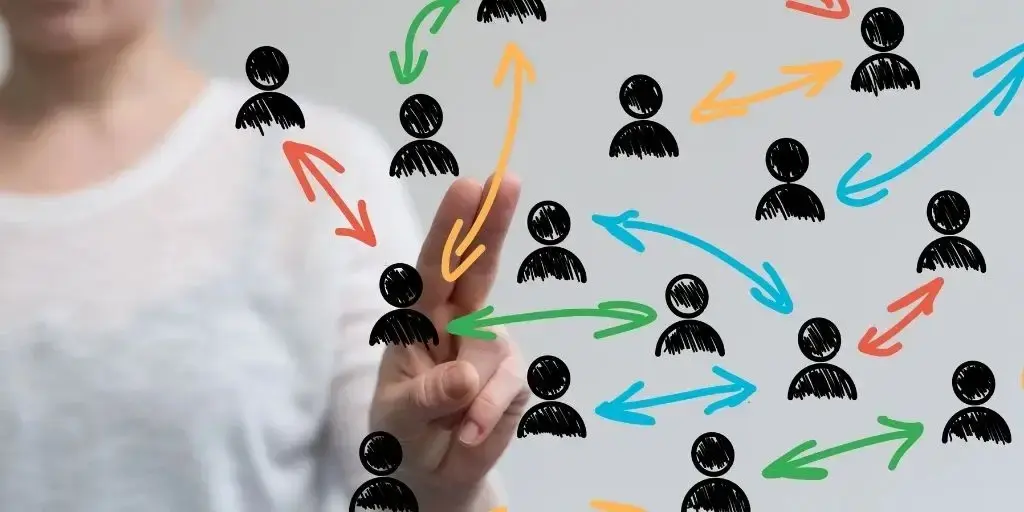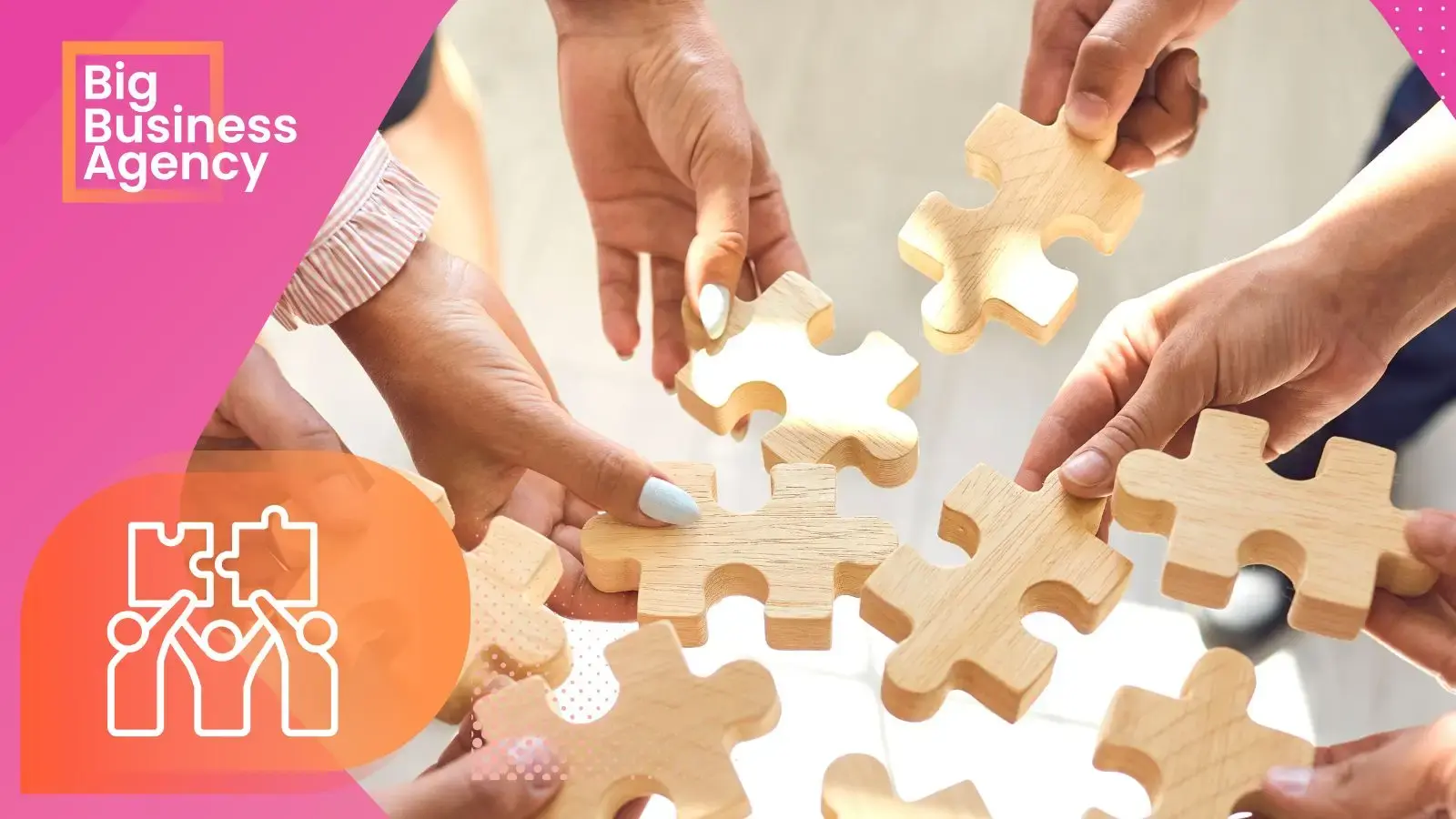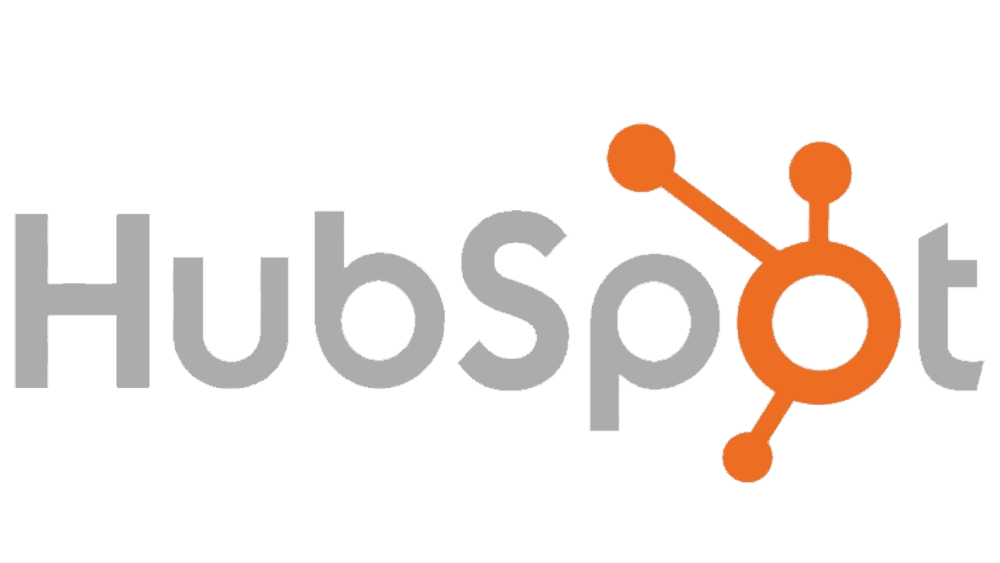5 min read
Aligning Sales and Customer Service
Premium products and services command a premium because they are perceived to deliver more value, and 86% of buyers will pay a premium for a great...
5 min read
 Johanne
:
Feb 26, 2024 1:53:50 PM
Johanne
:
Feb 26, 2024 1:53:50 PM

So, let's take a little trip down memory lane to provide some context and see how we ended up here...
Looking back to the late 90s when the concept of "outsourcing" and "off-shoring" was gaining popularity, it wasn't just limited to manufacturing, government, and banking. Sales also jumped on the bandwagon, dividing processes into stages and delegating them to cheaper, less experienced labour.
It seemed like a brilliant idea, especially for Private Equity Investors driving the adoption of rigid playbooks to 'deskill and automate' to drive down 'sales costs' and boost both profitability and the Enterprise Value of their investments.
By the early 2000s, in what seemed like the blink of an eye, us tech sales folks somehow miraculously jumped ship from the traditional full cycle sales models to the now ever so popular SDR/BDR/AE model. Just like in any other trend (fashion, art, or even business), the majority tends to hop on the bandwagon because of the appealing aspects of the trend while completely ignoring the downsides. The trend gets blown out of proportion. It takes time for people to realise what they have actually lost in the move. But eventually, things balance out.
 The transition from the full-cycle sales model to the SDR/AE model is no different; we thought it would reduce customer acquisition cost (CAC) and enhance specialised skills (which we could then analyse and improve).
The transition from the full-cycle sales model to the SDR/AE model is no different; we thought it would reduce customer acquisition cost (CAC) and enhance specialised skills (which we could then analyse and improve).
What happened was, we ended up sacrificing customer focus, staff morale and retention, and even the promised profit.
We were convinced that we were clever by hiring junior, budget-friendly SDRs to handle lead qualification, freeing up senior sellers to focus on nurturing and closing deals. But here's the thing: sales don't just happen at the closing stage. They start with discovery, continue through qualification, validation, and, of course, closing.
There is an extra cost when you let more junior people discover and pre-qualify because they miss some opportunities that more senior AE wouldn't miss. Oh, come on! Do you really think the SDR/AE model is the right fit for most companies?
The SDR/AE model lacks customer-centricity, which harms your business!
Customers and prospects create a special bond of trust through personal interactions. Sales thrive when there's a seamless transition from discussing pain points to showcasing proof points and metrics, demonstrating your solution. This momentum gets disrupted when the prospect is passed from the SDR or BDR to the AE. Customers have already established a rapport with the SDR or BDR, so why disrupt this momentum, on purpose?

Why on earth would you keep your most senior people hidden from your prospects until the second or third contact? Seriously, let's be smart about this! Impress your clients right from the start by putting your most knowledgeable and experienced individuals in front of them.
Trust me, it will create more interest in your business if you have these brilliant minds engaging with your customers from the very first call.
The SDR/AE model makes it harder for customers to buy your products and services, and it really tests their patience. It can be so frustrating for buyers to navigate multiple steps in your sales process and this means the buyer experience is not as good as it should be.
For example, we expect buyers to;
Understandably, buyers find this process frustrating. We can do better.

Yes, we all know that if there's no champion, there's no deal. With a full-cycle sale model, building seller-champion relationships is much easier. From day one, we focus on creating a win-win connection between the seller and the champion. These relationships are nurtured right from the start, and customers absolutely love them. We provide our champions with all the necessary materials, such as business cases and ROI, to support them in their role. Sellers also empower the champion by connecting them with the right people in our organisation. With more time and opportunities in a full-cycle sales model, we can truly build strong and lasting champions. And we can have happier, more productive, more successful sellers.
With market pressures being felt by almost every section, demanding we do more with less, it's the right time to move back to the full-cycle sale model and put our customers at the centre of our sales process.
 Today, the current generation of sellers probably has never been exposed to any other sales model, so how could they possibly know how much better full-cycle sales can be for their customers and their own careers?
Today, the current generation of sellers probably has never been exposed to any other sales model, so how could they possibly know how much better full-cycle sales can be for their customers and their own careers?
Somebody needs to do something!
It's up to those of us with full-cycle sales experience to show them the light and introduce them to alternative models that can actually work wonders for their careers, making them happier and more successful in their jobs.
Let's break the cycle and open their eyes and minds to new possibilities!
Full-cycle sellers (we call them salespeople) are the way forward!
Unlock your sales potential with our expert full-cycle sales consulting services. Transform your strategy, drive growth, and achieve your business goals.
Contact us today to get started!
Why not join us at SpokeSpeak? - a Sales and HubSpot focussed community that's open to HubSpot enthusiasts, experts and newbies as well as those of you who are simply Hub-curious 🤔
Check out the next episode at SpokeSpeak.com
Aligning the pipeline with a sales view of the buyer's journey
Sales Playbook: Winning Large Enterprise Deals
When your pipeline's a lemon, make lemonade!
Comprehensive guide to generating more B2B leads
Sales Hub - Full review of all features including demo video

5 min read
Premium products and services command a premium because they are perceived to deliver more value, and 86% of buyers will pay a premium for a great...

Why consider HubSpot? Why on earth should you even consider the HubSpot customer Platform for your business? CRMs frustrate salespeople. For those of...

McKinsey tells us many companies aren't yet reaping the benefits of technology and CRMs aren't just for giant companies with the resources to scrub...